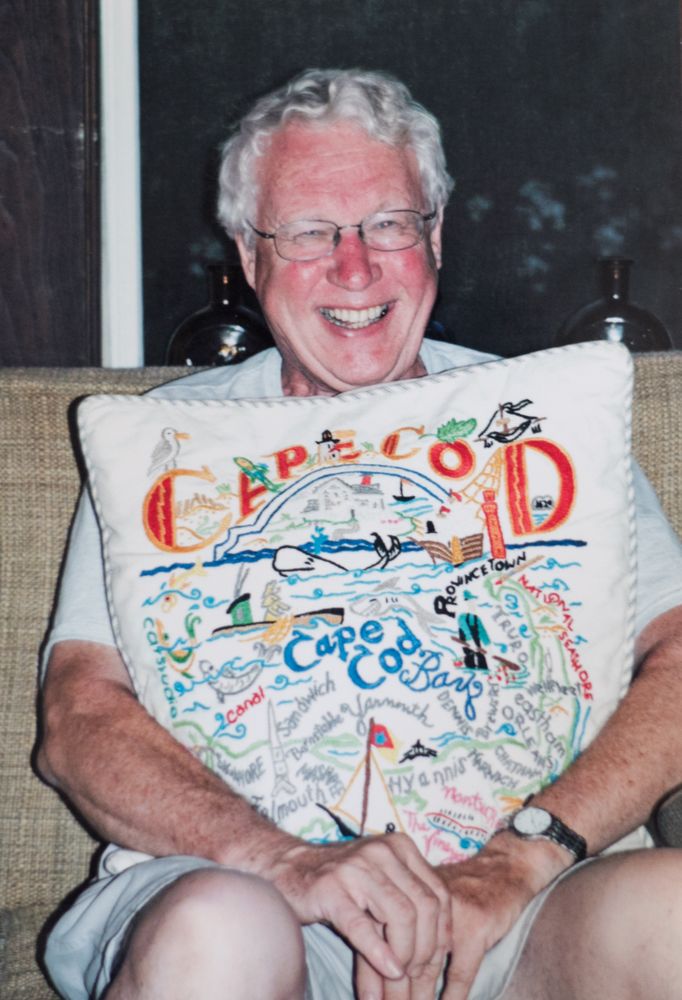Burn-Out
The Public Radio reported one of the saddest nursing home COVID stories since the pandemic started. This story epitomizes the burn-out many caregivers feel. The article starts off “The Eastgate Nursing and Rehabilitation Center…was so short-handed that its top administrator, Anna Zambrano, and five of other support staff took turns feeding, bathing and providing other care for residents. One of the residents was Zambrano’s father.”
“That first week that we had positive cases in the facility, people would refuse to work. We had employees that were scared. You know, they might have not become positive with COVID but they were scared to come in. I would have CNAs tell me that their family would not let them in the house or they had to change outside or you can’t visit with your children anymore because you’re caring for people with COVID. And we’re a small facility, so one person off the schedule is devastating to us.
And then my father ended up being here as a patient. He was diagnosed with cancer. He was at another facility, and he was brought closer to his home, so people could visit. And then we had the outbreak. So I was a CNA taking care of my father because we didn’t have the staff. He passed away, and I had to come in the next day and be a CNA and provide care because there was nobody to come in, because we were that short. Personally I was hit hard. I still wear his ring they gave me that morning. My N95 mask was soaked, not because of sweat but because of tears from that next day working.

I think I worked every single weekend in the facility in April, just to get us through. We were paying the pool (staffing) agencies a 40% increase to come in. We had tons of incentives, tons of money going out but it didn’t matter. So I really had to get my team together and say: Who is willing to help out? We’re in crisis.
We’d average about 60 residents. So we’d have 10 for one CNA. And the staff that are coming in for the emergency, they had never worked the floor and never worked with that resident before, or they’re coming in with expectations that they would get training before and we’re like, “No, we got to go now. We have to fill that shift now.”
We’re thinking that there is gonna be another outbreak. And the immunity that our residents do have from being hit the first time is going to be worn off, and we’re going to get hit again. And it’s really scary.
I have my sneakers and my scrubs and my bonnet ready to go, if needed. But I’ve actually resigned my position. I’m burnt out. Very, very burnt out. I wanted to make sure they found someone that would really care about this facility, so I’ve given them months to find somebody. I enjoy healthcare but I don’t know if I want to be at this level. It’s hard. It’s too hard.”
Lawmakers and nursing home operators should create a national initiative involving student volunteers and internship programs to recruit future workers to nursing home care. We need it now and certainly in the future.


Recent Comments